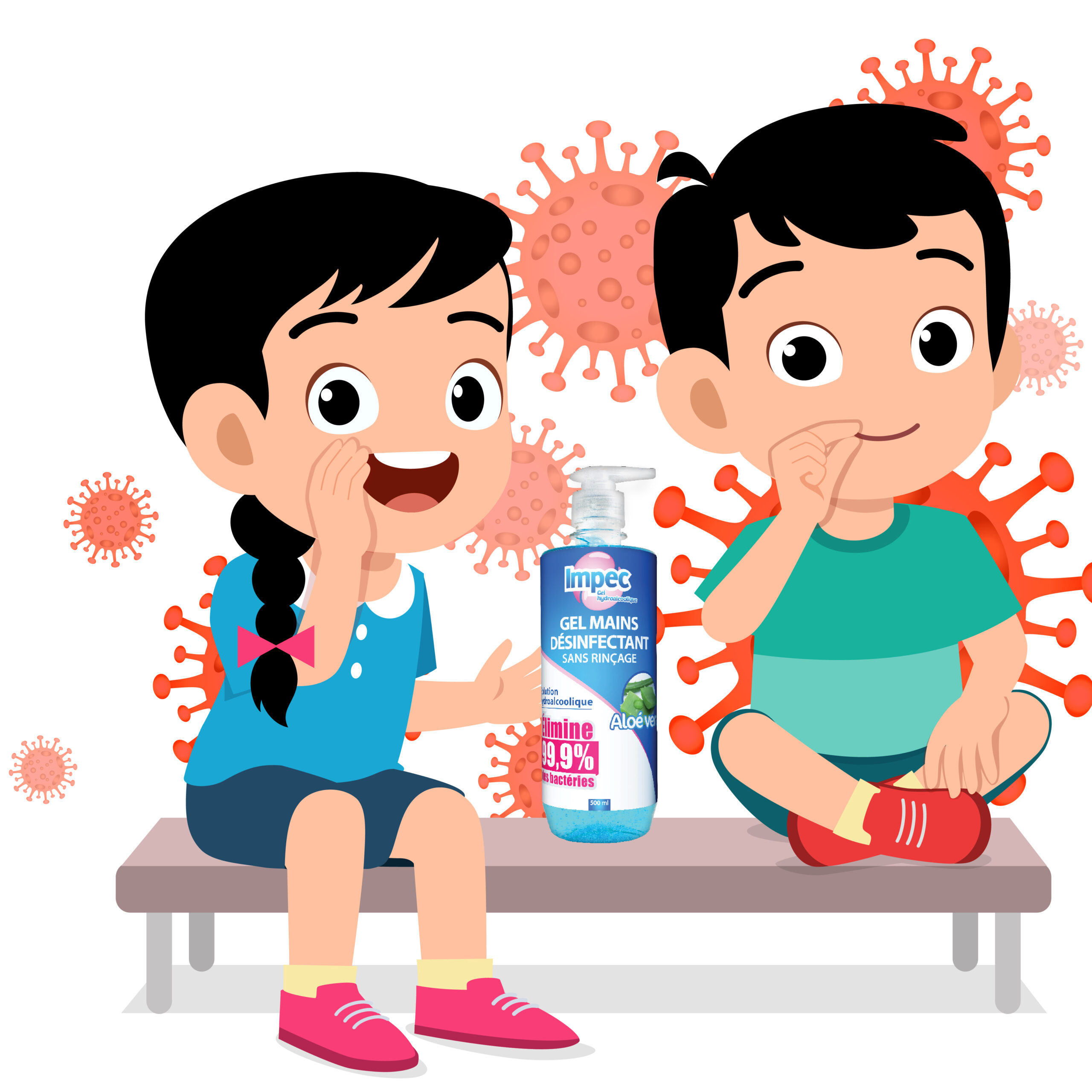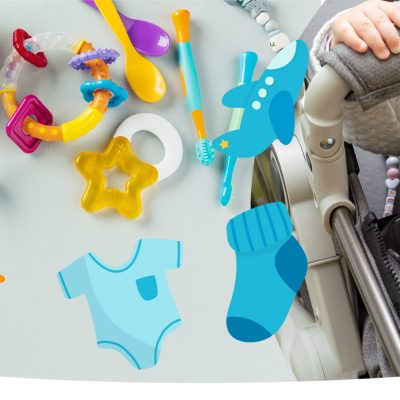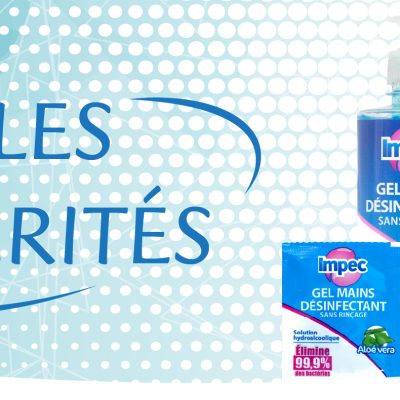While parents are responsible for ensuring their children’s cleanliness when they are still babies, it’s essential to teach them hygiene rules as they grow older. It’s crucial that they learn to maintain their cleanliness and develop the right habits for doing so. Therefore, it’s your responsibility to instill these essential hygiene rules from childhood, including body hygiene, particularly hand hygiene, dental hygiene, etc.
This task can be somewhat challenging, especially as children don’t have the same discipline as adults when it comes to cleanliness. What are the hygiene rules to instill from childhood, and how can you go about it?
Let’s dive in.

EXPLAIN THE IMPORTANCE OF BODY HYGIENE
The first step in ensuring that a child respects basic body hygiene rules is to explain the importance of these rules for health. It’s crucial to explain germs and other microorganisms such as viruses and bacteria cling to dirt and are the source of many unlikable illnesses. They are especially dangerous because they are invisible to the naked eye. Fortunately, it’s possible to eliminate them by maintaining cleanliness.
Take the opportunity to introduce the products used to maintain hygiene: soap, hand sanitizer like Impec hand sanitizer gel, which is a quality product widely used by professionals and NGOs, toothpaste, tissues, etc. Also, consider putting up posters in their room and the bathroom so they can remember the rules to follow: what products to use, how often to wash, the correct procedures, etc. This way, hygiene becomes part of the routine and becomes a reflex for everyone.
Finally, since children tend to mimic adults, you must lead by example and follow the hygiene rules you impose on them.
WHAT ARE THE HYGIENE RULES TO FOLLOW TO BE PERFECTLY CLEAN?
The hygiene rules to teach children so they can maintain cleanliness daily include:
Hygiene of the hands:
Hand hygiene is undoubtedly the essential habit to observe from a young age, especially now when a virus as dangerous as the coronavirus is transmitted by contact. It’s essential to teach them to wash their hands with soap and water, making sure to scrub thoroughly for at least 20 seconds—use a timer if necessary. Specify the times when hand hygiene must be observed: after going outside, after using the toilet, before every meal, after playing, etc.
Warning! To keep hands perfectly clean, nails must be regularly trimmed, so you must monitor them. Also, teach children to blow their nose with a tissue to avoid contact with mucus and to use hand sanitizer to disinfect their hands afterward.
Body hygiene:
Authorities recommend bathing or showering children every day for at least 10 minutes. Like hands, the rest of the body can also harbor bacteria and emit odors due to sweat. Therefore, as soon as the child is old enough, you should teach them to wash or shower independently, paying particular attention to intimate areas.
To make bath time enjoyable, it’s advisable to use scented shower gel instead of a bar of soap, for example. Children will enjoy washing with a product that smells good. Finally, teach them to change their underwear every day after bathing or showering, as they are in direct contact with the skin and absorb bacteria and sweat.
Dental hygiene:
To maintain strong and healthy teeth, it’s necessary to brush teeth twice a day: in the morning after breakfast and in the evening before bedtime. This prevents the proliferation of bacteria responsible for the formation of dental caries. Although milk teeth are meant to fall out, they must be cared for to preserve overall health. Therefore, children should be educated to brush their teeth with toothpaste every day.






